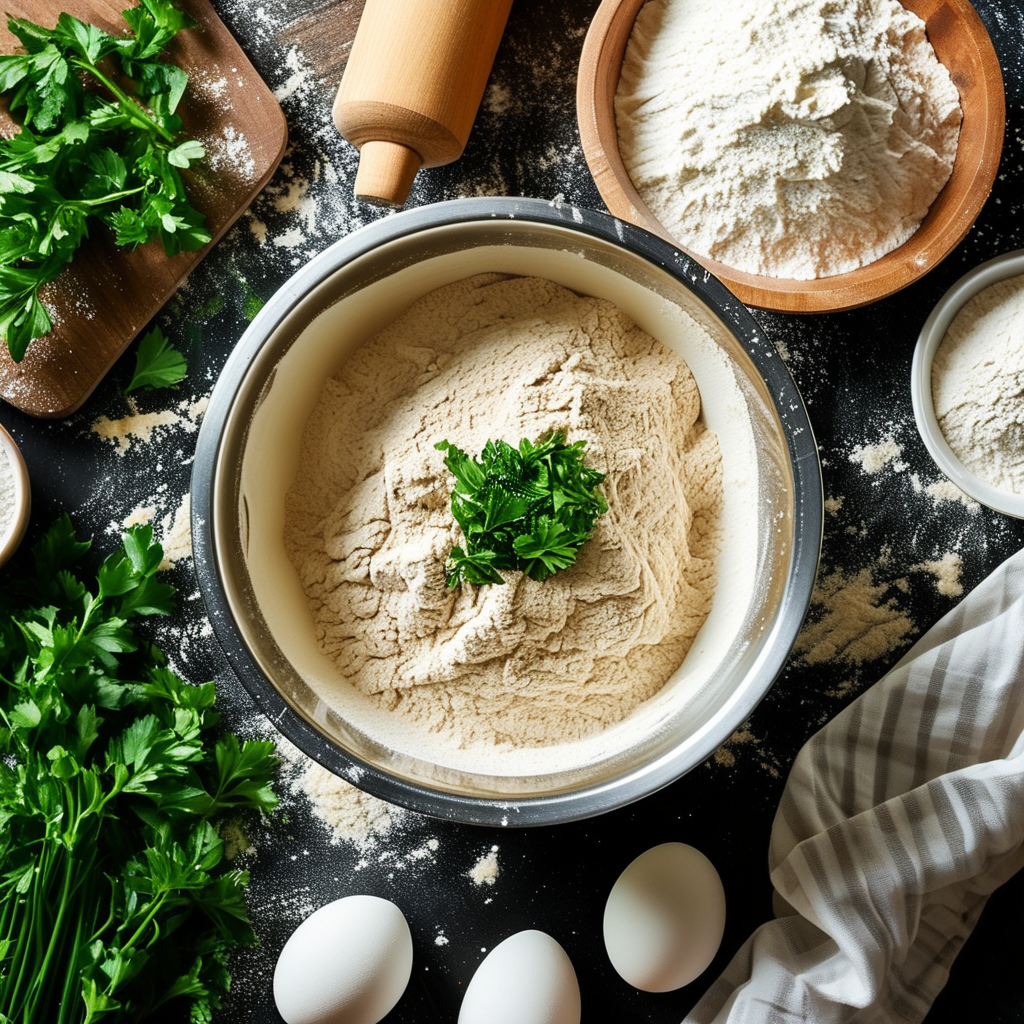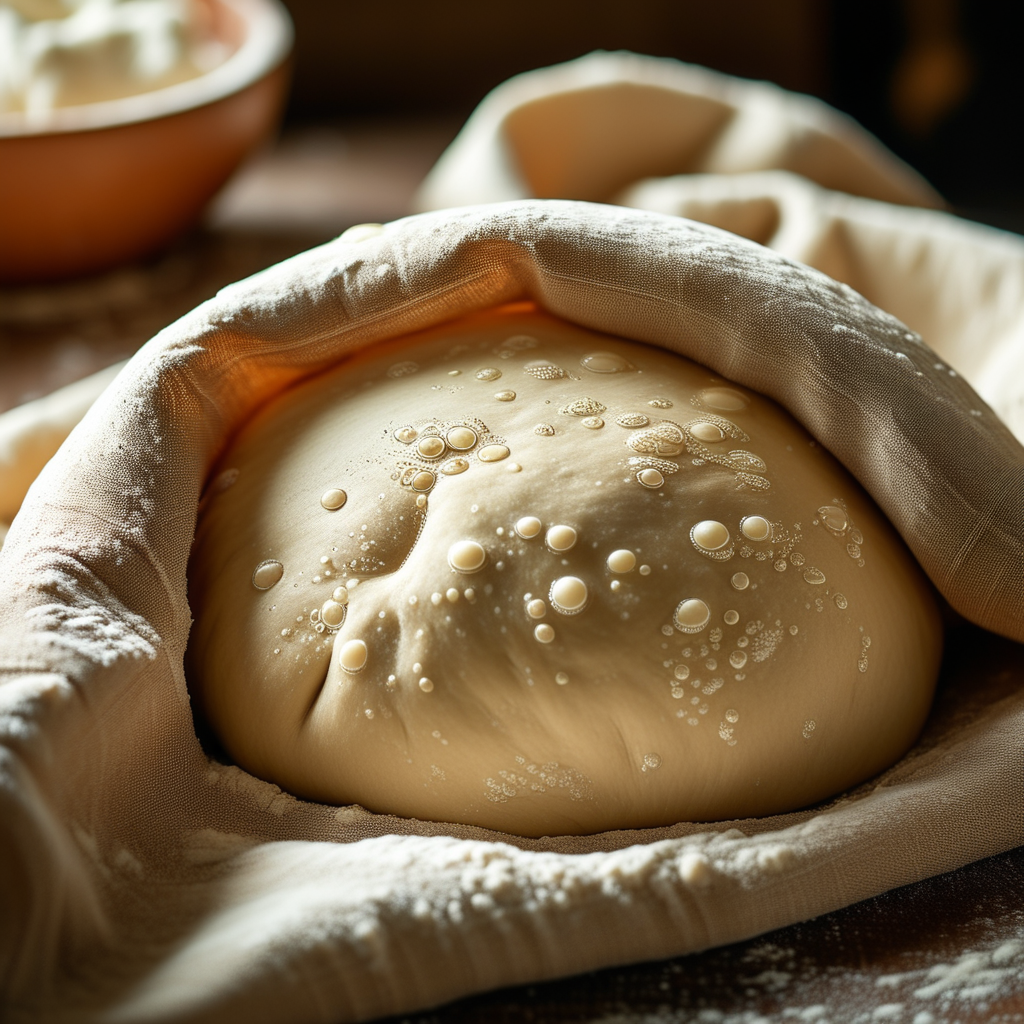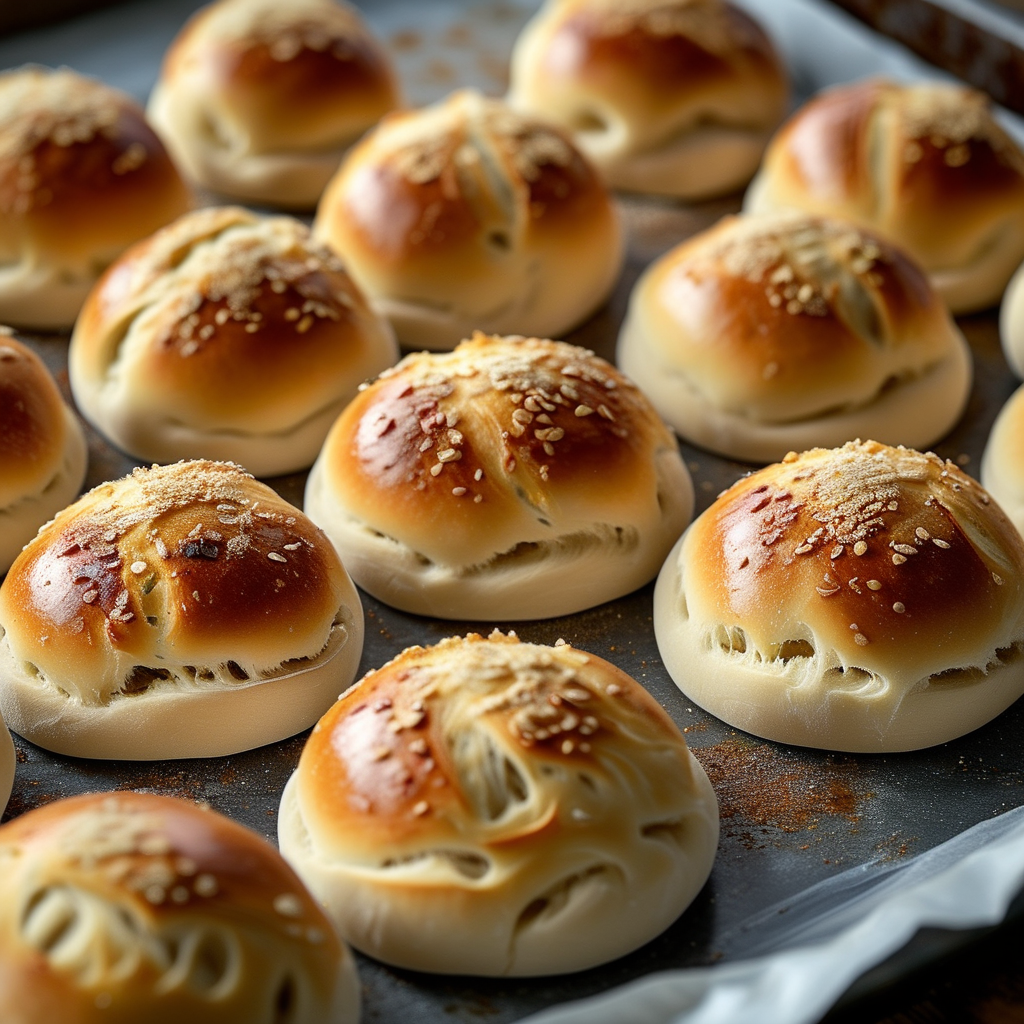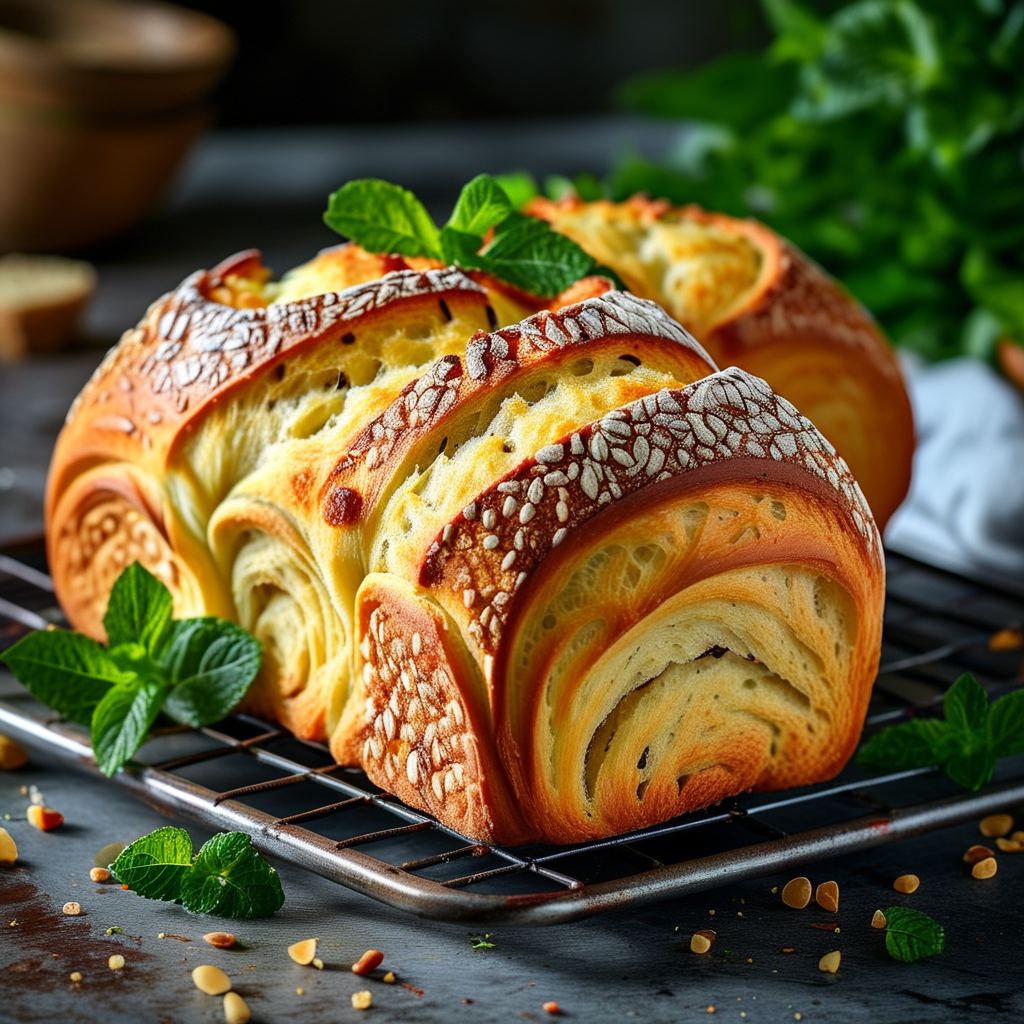Bread-making is an art that allows for endless creativity, and when you infuse it with the magic of herbs, you elevate it to a whole new level. This herb bread recipe not only offers a delightful taste but also embraces the nutritional benefits that fresh herbs provide.
Before we dive into the details, check out this Easy Zucchini Bars to see how you can incorporate herbs into various baked goods for extra flavor.
Herbs are nature’s flavor enhancers, and when combined with well-crafted bread, they create a symphony of tastes. You can explore another delicious recipe with herbs by visiting this Spicy Orange Zest Beef, which highlights how herbs can elevate any dish.
What is Herb Bread?
Herb bread is a type of bread that incorporates various herbs, adding flavor and aroma. Different styles such as focaccia and ciabatta feature unique combinations of herbs. Nutritionally, herbs contribute antioxidants, vitamins, and minerals, making each bite not just delicious but also healthy.
Understanding Herbs in Bread Making
- Enhance flavor profiles with fresh and dried herbs
- Nutritional benefits from various herbs
- Versatility in bread types
Ingredients for Herb Bread
To make a great herb bread, you’ll need to gather several key ingredients:
- Basic Ingredients:
- Flour types (all-purpose, bread flour, whole wheat)
- Liquid ingredients (water, milk, broth)
- Yeast (active dry, instant)
- Salt and sugar
- Herb Variations:
- Fresh herbs (parsley, rosemary, thyme, basil)
- Dried herbs (oregano, sage, dill)
- Spice additions (garlic, onion, chili flakes)
- Optional Add-ins:
- Cheese (Parmesan, cheddar)
- Nuts (walnuts, pine nuts)
- Seeds (sesame, poppy)

Step-by-Step Herb Bread Recipe
Preparation
Gather the necessary equipment including a mixing bowl, baking sheet, and oven. Prepare your herbs by washing and chopping them for optimal incorporation into the dough.
Making the Dough
Begin by mixing your dry and wet ingredients, and learn the proper kneading techniques to achieve a smooth consistency. Ensuring the right texture is key to achieving the best herb bread.

First Rise
The first rise is crucial for developing the bread’s flavor. Aim for a warm spot to promote yeast activity and achieve the perfect rise time.

Shaping the Bread
Shaping techniques will vary based on preferred styles like loaf or round. Ensure that your shaping enhances the bread’s texture and presentation.

Second Rise and Baking
The second rise allows the dough to develop further. For baking, maintain the right oven temperature and time to ensure your bread is perfectly baked.
Cooling and Storage
After baking, let your herb bread cool properly to maintain texture and flavor. Explore storage options to keep it fresh longer.

Variations of Herb Bread
Consider trying these variations:
- Herb Cheese Bread
- Garlic Herb Bread
- Olive and Herb Bread
- Gluten-Free Herb Bread Options
- Sweet Herb Bread
Serving Suggestions
Pair your delicious herb bread with a variety of dishes:
- Soups and salads
- Sandwiches
- Toast with spreads or dips
Common Mistakes to Avoid
When making herb bread, beware of:
- Using the wrong type of flour
- Over-kneading or under-kneading the dough
- Incorrect rising times
- Not using fresh herbs or the wrong quantities
Storing and Freezing Herb Bread
For maximum shelf life, follow best practices for storing your herb bread and learn the best methods for freezing and thawing it without losing flavor.
FAQs
- Can I use dried herbs instead of fresh?
- What if my dough doesn’t rise?
- Can I add other ingredients like vegetables or meats?
- How can I make my herb bread more flavorful?
- What are some good dipping sauces to pair with herb bread?
Key Takeaways:
- Experiment with different herbs for unique flavors.
- Follow the steps for perfect texture and rise.
- Store properly to enjoy your herb bread for longer.
Conclusion
In conclusion, our herb bread recipe not only provides step-by-step instructions but also encourages culinary creativity with various herbs and add-ins. Don’t hesitate to share your results or variations in the comments below—happy baking!
For more delightful recipes, check out our Earl Grey Cookies or explore healthy options like Pumpkin Banana Loaf.